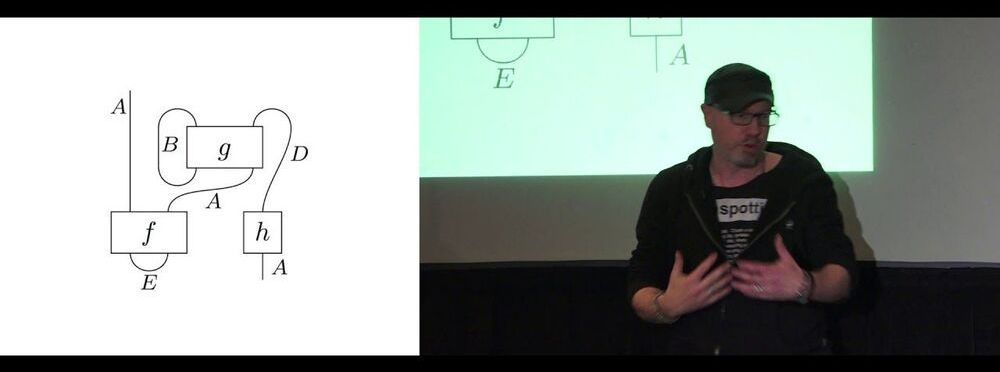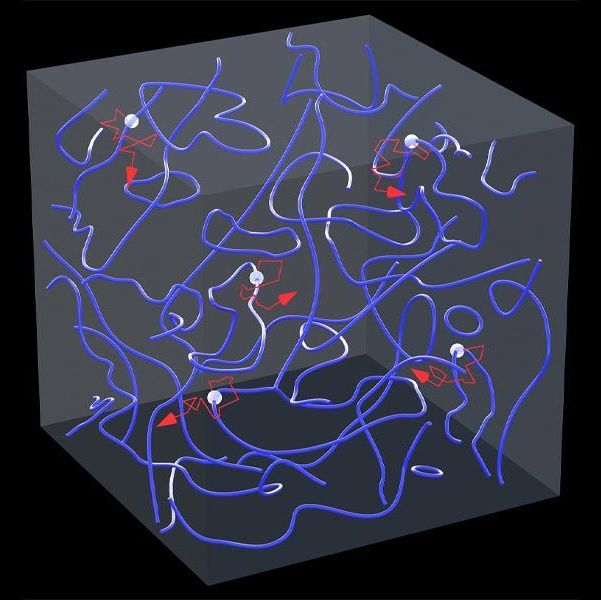Apr 25, 2021
Researchers realize high-efficiency frequency conversion on integrated photonic chip
Posted by Genevieve Klien in categories: computing, quantum physics
A team led by Prof. GUO Guangcan and Prof. ZOU Changling from the University of Science and Technology of China of the Chinese Academy of Sciences realized efficient frequency conversion in microresonators via a degenerate sum-frequency process, and achieved cross-band frequency conversion and amplification of converted signal through observing the cascaded nonlinear optical effects inside the microresonator. The study was published in Physical Review Letters.
Coherent frequency conversion process has wide application in classical and quantum information fields such as communication, detection, sensing, and imaging. As a bridge connecting wavebands between fiber telecommunications and atomic transition, coherent frequency conversion is a necessary interface for distributed quantum computing and quantum networks.
Integrated nonlinear photonic chip stands out because of its significant technological advances of improving nonlinear optical effects by microresonator’s enhancing the light-matter interaction, along with other advantages like small size, great scalability, and low energy consumption. These make integrated nonlinear photonic chips an important platform to covert optical frequency efficiently and realize other nonlinear optical effects.

















